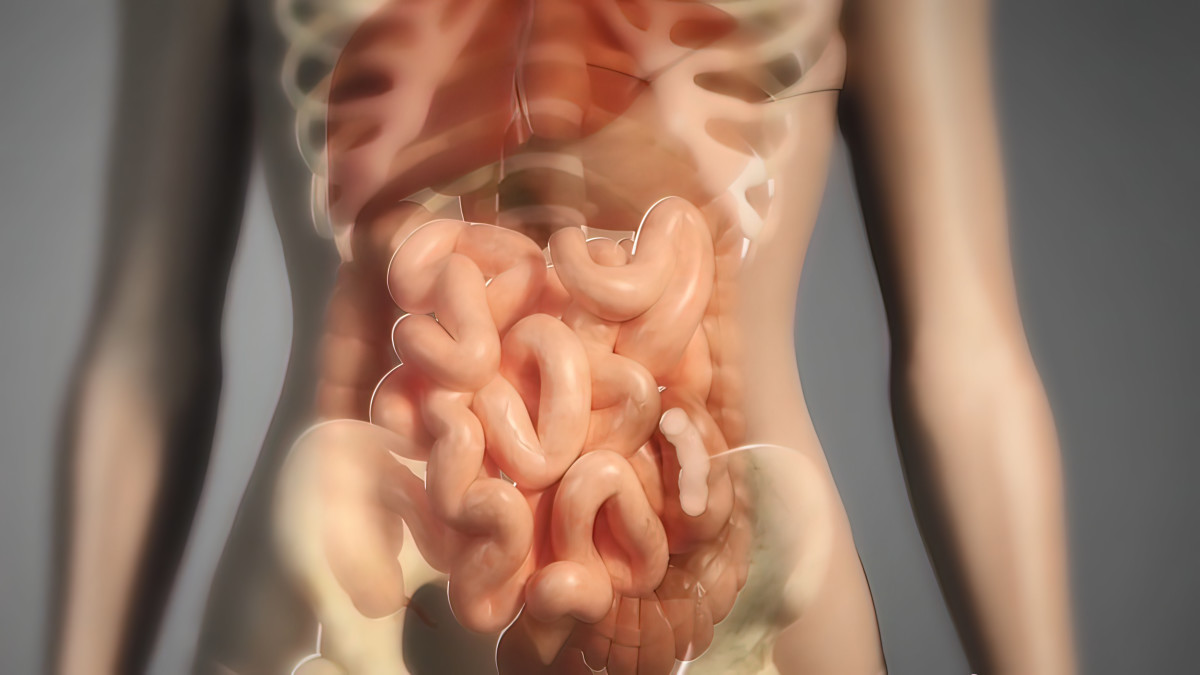Do not maintain a daily routine: the absence of a specific routine may disrupt the body’s inner clock, affecting the date and digestion of food digestion. Skipping meals, eating in strange times or prolonged stay without food can lead to stomach discomfort, gastric spoils and even acidic reflux.
Not old enough: Lack of sleep disrupts the production of digestive hormones and affects the bacterial balance in the gut. Lack of sleep is also linked to increased stress, which can worsen stomach problems by impact on how the intestine processes the food.
Skip on meals: Eating irregular is one of the main causes of digestive discomfort. Skipping meals or long -free foods forcing the digestive system to work in irregular patterns, which can lead to swelling, acidity and irritation in the intestinal mucosa.
Skip the breakfast: Breakfast is the most important meal of the day and not for good reason. After a night of fasting, the body needs “fuel” to start metabolism. Breakfast skips may disrupt the digestive system and lead to overeating later in the day, which adopts the stomach.
Do not consume enough fibers: Fiber are the spine of a healthy bowel since they help transfer food through the digestive system, fight gut bacteria and prevent problems such as stops and swelling.
Found in stress: Chronic stress can be a major cause of intestinal health, as it affects the digestive speed and absorption of food fathers. When a person is under pressure, the body produces more cortisol, a hormone that can “upset” the gut bacteria and lead to symptoms such as abdominal cramps, swelling and even irritable bowel syndrome.
Eating sugary or processed foods: sugary and processed foods can cause bowel disorders. These foods are usually poor in dietary and rich fiber in additives, preservatives and synthetic sugars, which can violate the natural balance of the intestine and lead to inflammation.
Don’t drink enough: Water helps to disassemble food, absorb nutrients more effectively and prevent constipation. Drinking a sufficient amount of water each day helps food to pass smoothly through the digestive system and prevents swelling and other digestive problems.

Influencers Gone Wild • Activity Builder by Desmos Classroom
Attention Required! | Cloudflare
Attention Required! | Cloudflare
Quota Exceeded
tv.usm.ac.id
Account Suspended
Attention Required! | Cloudflare
tracerstudy.stekom.ac.id
Just a moment…
Checking your browser…
Influencers Gone Wild – a Hugging Face Space by Donald-Devo
Certificate verification problem detected
Certificate verification problem detected
airlinetickets.de: https://www.mein-reiseratgeber.de/
Certificate verification problem detected
Weiterleitung
Weiterleitungshinweis
mein-reiseratgeber.de – Reisen, entdecken und mehr!
Certificate verification problem detected
Certificate verification problem detected
Character Ai – a Hugging Face Space by Donald-Devo
Undress Ai – a Hugging Face Space by Donald-Devo
presensi.padangpanjang.go.id
tracerstudy.stekom.ac.id
e-simpatda.sangihekab.go.id
mlbb.padangpanjang.go.id
ppid.pn-pandeglang.go.id
yaiclahat.com
simikasda.konawekab.go.id
El dilema de “¿Y si no encuentro algo mejor?” Cómo tomar acción ahora – Tarot Bizum con Jesús: Consultas Rápidas y Personalizadas